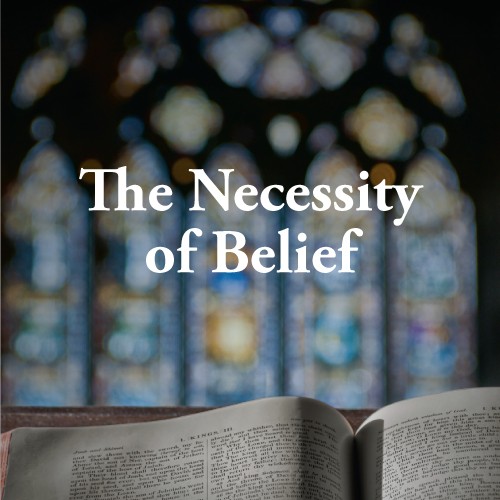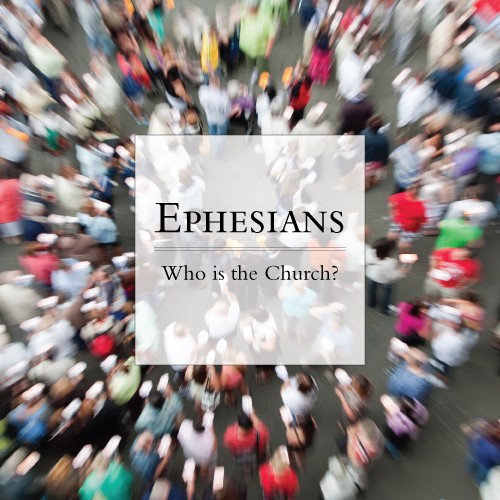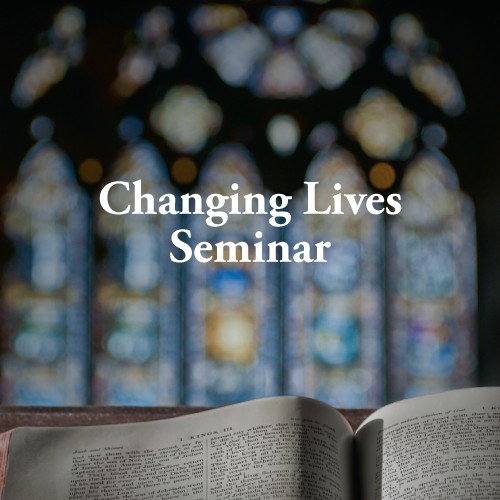Devotional
Advent Day 17: Love
THIRD WEEK OF ADVENT – TUESDAY December 17, 2024
READ Luke 1:57–80
The birth of John the Baptist. Zechariah, John’s father, sang about the
Christ: “Praise be to the Lord, the God of Israel, because he has come
to his people and redeemed them” (Luke 1:68).
57 When it was time for Elizabeth to have her baby, she gave birth to a son. 58 Her neighbors and relatives heard that the Lord had shown her great mercy, and they shared her joy.
59 On the eighth day they came to circumcise the child, and they were going to name him after his father Zechariah, 60 but his mother spoke up and said, “No! He is to be called John.”
61 They said to her, “There is no one among your relatives who has that name.”
62 Then they made signs to his father, to find out what he would like to name the child. 63 He asked for a writing tablet, and to everyone’s astonishment he wrote, “His name is John.” 64 Immediately his mouth was opened and his tongue set free, and he began to speak, praising God. 65 All the neighbors were filled with awe, and throughout the hill country of Judea people were talking about all these things. 66 Everyone who heard this wondered about it, asking, “What then is this child going to be?” For the Lord’s hand was with him.
Zechariah’s Song
67 His father Zechariah was filled with the Holy Spirit and prophesied:
68 “Praise be to the Lord, the God of Israel,
because he has come to his people and redeemed them.
69 He has raised up a horn of salvation for us
in the house of his servant David
70 (as he said through his holy prophets of long ago),
71 salvation from our enemies
and from the hand of all who hate us—
72 to show mercy to our ancestors
and to remember his holy covenant,
73 the oath he swore to our father Abraham:
74 to rescue us from the hand of our enemies,
and to enable us to serve him without fear
75 in holiness and righteousness before him all our days.
76 And you, my child, will be called a prophet of the Most High;
for you will go on before the Lord to prepare the way for him,
77 to give his people the knowledge of salvation
through the forgiveness of their sins,
78 because of the tender mercy of our God,
by which the rising sun will come to us from heaven
79 to shine on those living in darkness
and in the shadow of death,
to guide our feet into the path of peace.”
80 And the child grew and became strong in spirit; and he lived in the wilderness until he appeared publicly to Israel.
REFLECT
When God in Genesis 22 calls Abraham to sacrifice his son Isaac, at first it would appear that God was abandoning his promises to Abraham.
This call to Abraham reminds us of the other calls, especially the first one in Genesis 12. On both occasions Abraham was called to “go,” leaving all his security, comfort, and everything his heart rested in. He was called to make his heart’s dearest objects into an “offering” to God. In Genesis 12, those sacrifices were more general; Abraham was called to give up his friends, most of his family, and life in a civilized, safe place. These were major sacrifices. God was asking Abraham to trust in God’s promise as his security and significance, not these other things. Now in Genesis 22, God is once again asking Abraham to offer his heart’s dearest object, his precious son Isaac.
In every case, God is saying, “Don’t look to anything but me. Make me your ultimate security, worth, and hope. Don’t trust in anything but me. Don’t rest your heart in anything more than me for your significance and security.”
But the ultimate nature of this test is summed up in the term God deliberately uses with emphasis in Genesis 22:2: “your son, your only son.” It is not literally true that Isaac is Abraham’s only son. But Isaac is Abraham’s only son in that all his hopes are focused on Isaac: he is the promised son, the one through whom God promised to rescue his people.
Abraham’s series of calls from God can be summed up like this:
“Go out.” Where? “I’ll tell you later. Just go.”
“You will have a son.” When? “I’ll tell you later. Just trust.”
“Now offer up your son on the mount.” Why? “I’ll tell you later. Just climb.”
Did Abraham push himself up the mountain simply saying, “I have to obey God perfectly! I can do it! I must do it!” and so on? No, Genesis 22:8 shows that Abraham had decided to cling to the goodness and promises of God despite all appearances. He says, “God himself will provide the lamb.” Verse 5 also seems to be an indication of Abraham’s hope, because he tells his servants, “We will come back to you.” We read in Hebrews 11:17–19, “By faith Abraham, when God tested him, offered Isaac as a sacrifice. He who had embraced the promises was about to sacrifice his one and only son, even though God had said to him, ‘It is through Isaac that your offspring will be reckoned.’ Abraham reasoned that God could even raise the dead, and so in a manner of speaking he did receive Isaac back from death.”
Consider this quote from Counterfeit Gods:
God saw Abraham’s sacrifice and said, “Now I know that you
love me, because you did not withhold your only son from me.”
But how much more can we look at his sacrifice on the cross and
say to God, “Now we know that you love us. For you did not
withhold your son, your only son, whom you love, from us.”
PRAY
Acknowledging that all we have and all we are belongs to God, pray that he would help us release our selfish grip on the things he has given us.
If you would like to support the work of Gospel in Life, you can make a gift here.




